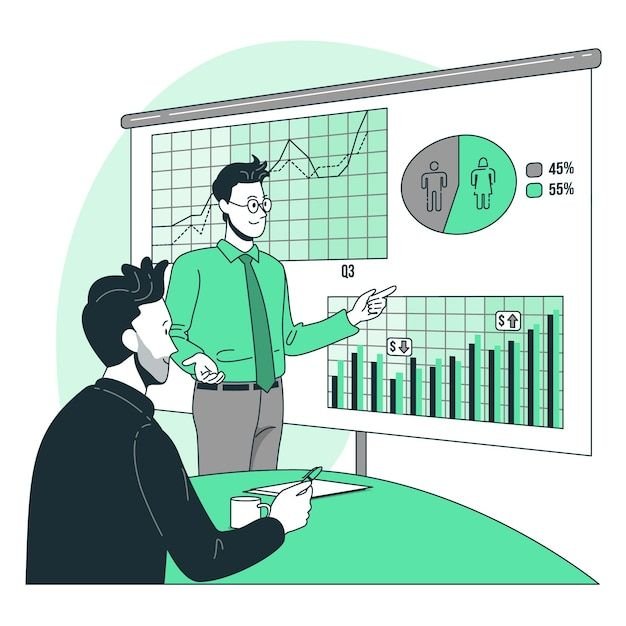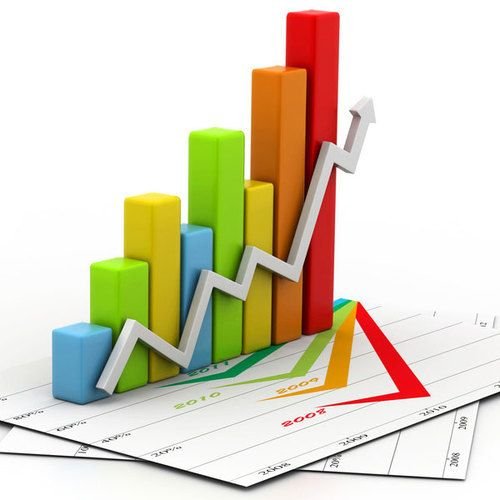Business analytics is a dynamic field that blends data science, business intelligence, and information technology to help organizations make data-driven decisions. As the demand for skilled business analysts continues to rise, gaining a solid foundation in this field can open up numerous career opportunities. In this blog, we’ll explore what you will learn in a business analytics program and why these skills are essential in today’s data-centric world.
Understanding Business Analytics
Business analytics involves analyzing data to extract valuable insights, which can then be used to improve decision-making processes within an organization. This field encompasses a wide range of techniques, from data mining and statistical analysis to predictive modeling and data visualization. A comprehensive business analytics program will equip you with the knowledge and skills needed to harness the power of data effectively.
Key Areas of Learning
1. Data Collection and Management
Understanding how to collect, store, and manage data is the foundation of business analytics. You’ll learn about:
- Data Sources: Identifying and accessing various data sources, including internal databases, external data sets, and big data.
- Data Warehousing: Storing large volumes of data efficiently and securely.
- Data Cleaning: Preparing data for analysis by handling missing values, outliers, and inconsistencies.
2. Statistical Analysis
Statistical analysis is crucial for making sense of data. You’ll gain expertise in:
- Descriptive Statistics: Summarizing and describing the main features of a data set.
- Inferential Statistics: Drawing conclusions and making predictions based on sample data.
- Hypothesis Testing: Testing assumptions and theories to validate findings.
3. Data Visualization
Effective data visualization helps in communicating insights clearly. You’ll learn how to:
- Create Charts and Graphs: Use tools like Excel, Tableau, and Power BI to create visual representations of data.
- Dashboard Development: Build interactive dashboards that provide real-time insights.
- Storytelling with Data: Present data in a compelling way to stakeholders.
4. Predictive Analytics
Predictive analytics uses historical data to forecast future trends. You’ll explore:
- Regression Analysis: Understanding relationships between variables.
- Time Series Analysis: Analyzing data points collected or recorded at specific time intervals.
- Machine Learning: Applying algorithms to predict outcomes and identify patterns.
5. Business Intelligence (BI)
BI involves using data analysis tools and methodologies to support business decision-making. You’ll cover:
- BI Tools: Learning to use BI software such as SAP, Oracle BI, and Microsoft Power BI.
- Reporting and Analysis: Generating reports that provide insights into business performance.
- Key Performance Indicators (KPIs): Identifying and tracking KPIs that align with business goals.
6. Data-Driven Decision Making
You’ll learn how to leverage data insights to drive business strategy and operations, including:
- Decision Models: Building models to support business decisions.
- Scenario Analysis: Evaluating different business scenarios and their potential impacts.
- Optimization Techniques: Improving business processes through data-driven optimization.
7. Ethics and Data Privacy
Understanding the ethical implications and privacy concerns related to data usage is crucial. You’ll study:
- Data Governance: Implementing policies and procedures to ensure data integrity and compliance.
- Data Privacy Laws: Navigating regulations such as GDPR and CCPA.
- Ethical Considerations: Balancing data utility with ethical responsibilities.
Practical Applications
In addition to theoretical knowledge, a business analytics program often includes practical, hands-on experience through:
- Case Studies: Analyzing real-world business problems and data sets.
- Capstone Projects: Applying your skills to comprehensive projects that solve actual business challenges.
- Internships: Gaining work experience in the field of business analytics.
Career Opportunities
With a strong foundation in business analytics, you can pursue various career paths, such as:
- Data Analyst: Analyzing data to help organizations make informed decisions.
- Business Intelligence Analyst: Developing and managing BI solutions.
- Data Scientist: Creating advanced analytics models to predict future trends.
- Operations Analyst: Improving business processes through data analysis.
- Market Research Analyst: Studying market conditions to identify potential sales opportunities.
Conclusion
Business analytics is an essential field in today’s data-driven world. By enrolling in a business analytics program, you’ll gain a diverse set of skills that can help you turn data into actionable insights, drive strategic decisions, and ultimately contribute to business success. Whether you’re looking to start a new career or enhance your current role, mastering business analytics will provide you with the tools and knowledge to thrive in a rapidly evolving industry.





